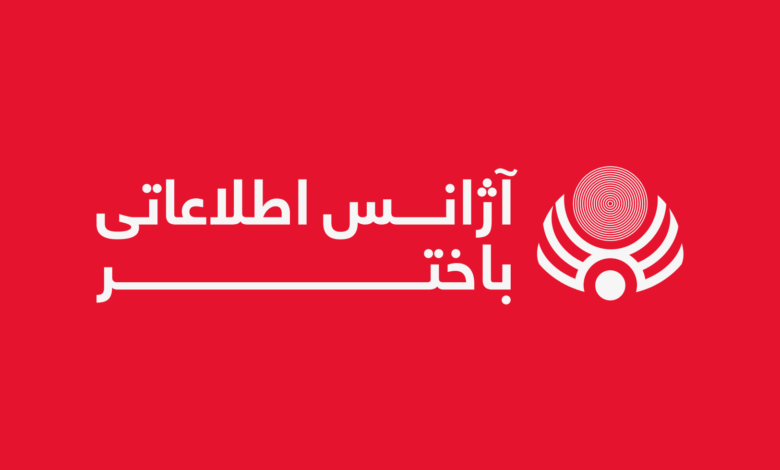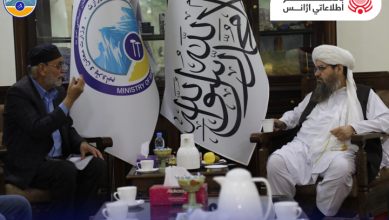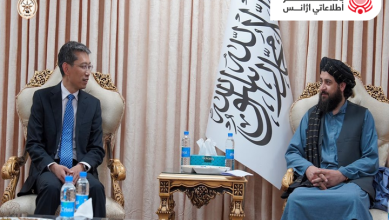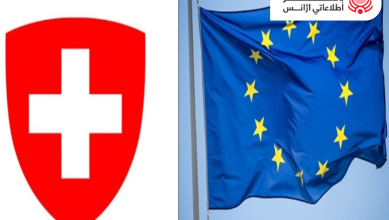
Tuesday January 10, 2017
Kabul (BNA) Officials of the Natural Disasters Management Authority (NDMA) said that in 2016, due to domestic war throughout the country, more than one billion damages have been imposed to government facilities, adding more than 16,371 families have also been displaced in eleven provinces due to natural disasters or insecurities.
This is while that a number of Internally Displaced Persons (IDPs) living in the capital Kabul are faced with serious problems, particularly in harsh winter. The IDPs have sought refuge in Kabul from turbulent provinces and are living under tents or rental houses. Akhtar, a displaced from Helmand who is living in Kabul said, ‘it is very cold here. We don’t have firewood or anything else to heat our tent.’ He added that winter is a serious threat to his siblings and they are faced with variety of difficulties. Nasir, another displaced said, ‘we have many problems here. The weather is cold and no one comes here to help us. If security is ensured in our province, we will soon leave here and go back to our house.’ But officials of the Natural Disasters Management Authority (NDMA) said that 18,563 families have returned their provinces and 5,488 families are still under the government protection and didn’t return yet. 25,551 families are in dire need of assistances and their requirements will soon be provided by foreign and domestic organizations, according to NDMA. The NDMA added that in 1395, 1,504 people had been killed and 2,601 people injured. The NDMA state minister said over 270mln afs have been donated to martyrs’ families by the government. He added that more than 1bln afg have allocated to foreign and domestic displaced people from the emergency code. At the same time, Fazel Ahmad Azimi, deputy minister of refugees and returnees said that over one million Afghans have voluntarily returned from the neighboring and foreign countries so far. Likewise, more than 200 families who are mostly living in border regions need urgent aids, he continued.
Shukria Kohistani




